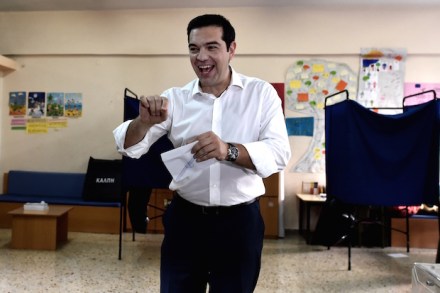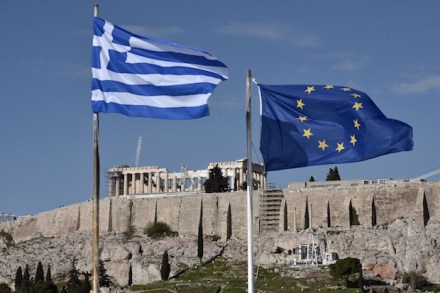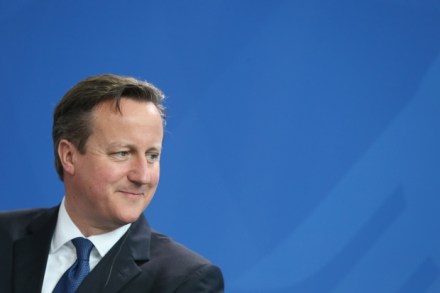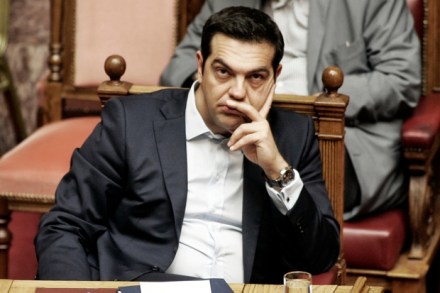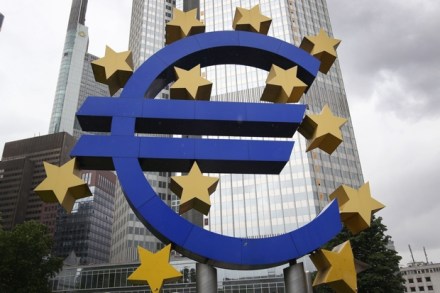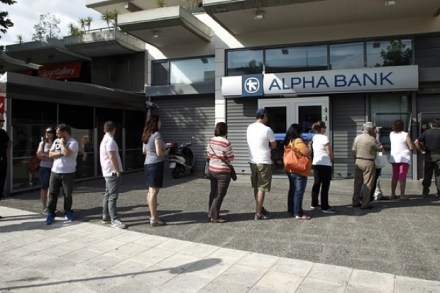‘Banging on about Europe’ doesn’t seem so dumb now, does it?
As we watch the Eurozone catastrophe enter its latest ‘final phase’ one phrase keeps recurring to me. That phrase is ‘banging on about Europe’. Does anybody else remember when those words were used (at least since Maastricht I think) to dismiss absolutely anybody who was worried about the overreach or mismanagement of the whole EU project? Europhiles from the three main parties loved the phrase. Whenever they wanted to portray a political opponent as a tedious, fringe obsessive the words sprung to their lips. For instance, whenever he wanted to paint the Tory party as a right bunch of nutters, Nick Clegg would portray them as the type of bores who






